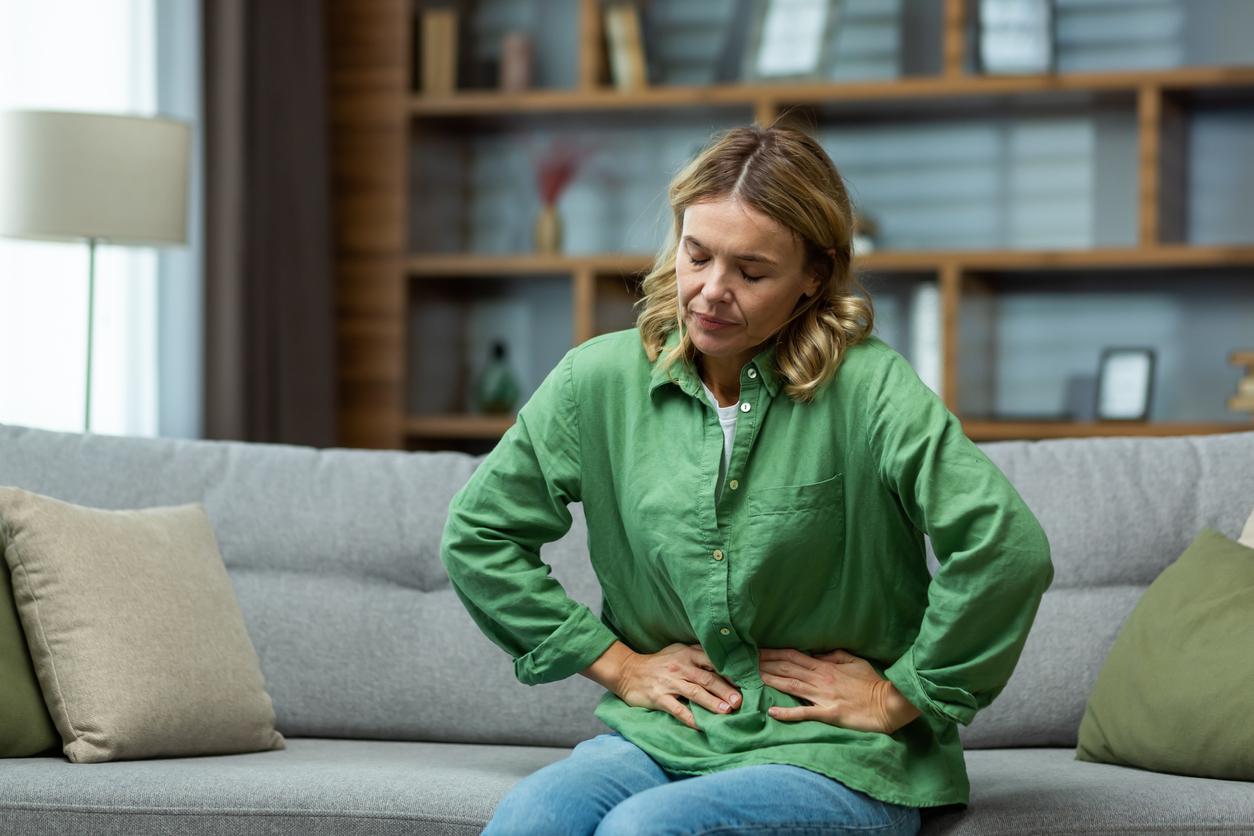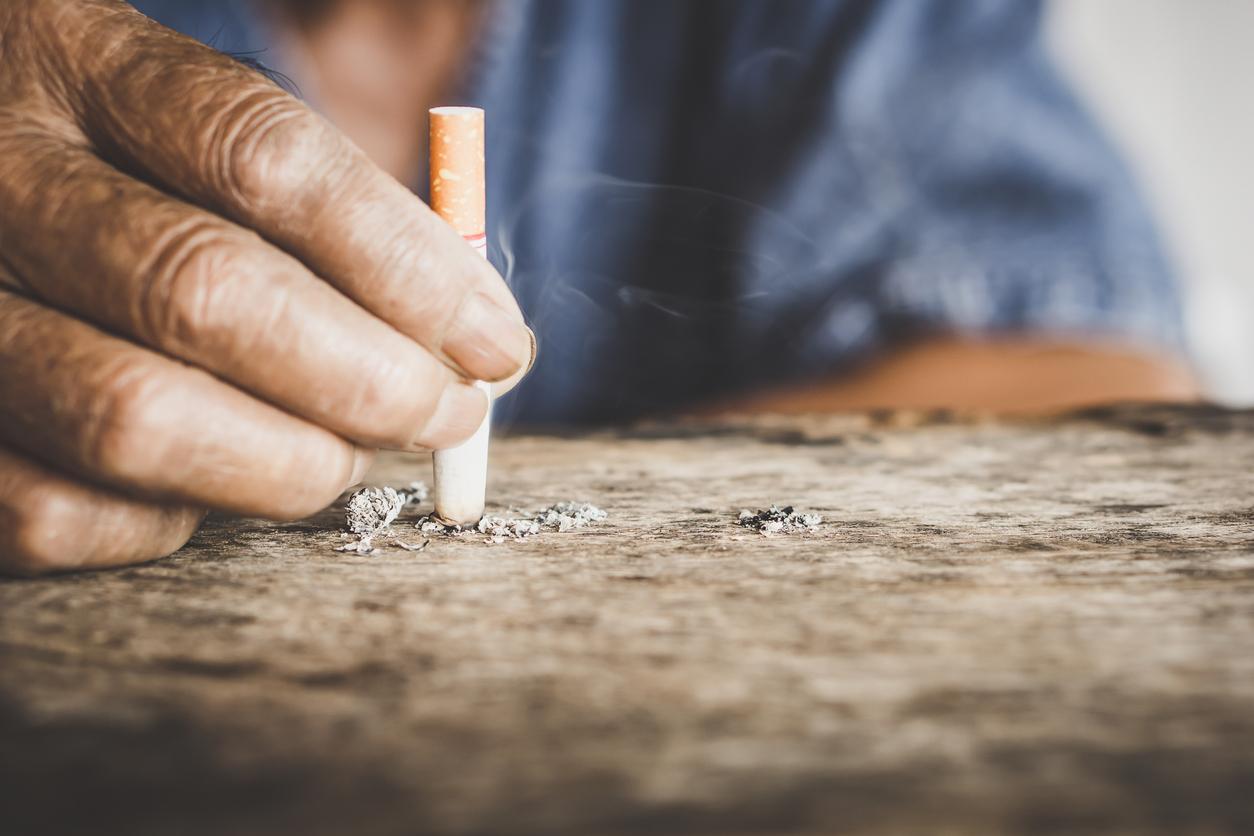At present, 20% of cancers are attributable to diet. It has been proven that a balanced and diversified diet, favoring foods of plant origin rich in fiber (fruits, vegetables, pulses and whole grains) can reduce your risk of developing cancer.
“ We know that diet affects obesity and obesity day on the appearance of cancers for metabolic reasons. All the studies show it », explains the Dr Alain Toledano, president of the Rafael Institute, European center for integrative medicine supporting patients during and after cancer.
“ However, we can’t say to ourselves ‘I’m thin’, so it’s all good. The quality of your diet will have a big impact. Indeed, numerous studies have gone into detail and confirmed that processed meat and cold cuts are linked to the occurrence of cancer. », adds the specialist.
We find the digestive tract cancers (cancer of the colon, stomach, esophagus, rectum or larynx). These are directly linked to your diet. But not only. “ The digestive system metabolism food. After digestion, the substances circulate in the blood. So your diet can trigger the occurrence of cancers that affect organs other than the digestive tract, such as pancreatic, prostate, lung, thyroid and bladder cancer (related to alcohol consumption and tobacco) », underlines Dr Toledano.
“We cannot sell an ‘anti-cancer plate’”
Some food have been incriminated by different studies and accused of promoting cancer. We can cite the alcohol for esophageal cancer, smoked fish for stomach cancer or even cold cuts because of the nitrites…
“ However, it is not a question of incriminating this or that food, but rather of encouraging good habits. I’m not going to sell you an anti-cancer dish, but rather encourage you to find a balance between your diet and your level of physical activity », adds Dr. Toledano.
This will involve eating minimally processed foods, favoring seasonal fruits and vegetables, foods rich in fiber and limiting foods rich in nitrate.
Digestive cancers increase after 50: what to change in your diet
With age, the risk of digestive cancers increases. “ It’s a combination of risks. With aging, the body experiences more dysfunctions: metabolism varies and muscle mass is no longer the same, this is normal. I even want to talk about 45 years to talk about the increase in risks », Warns the oncologist.
You can act on your plate to reduce the risks:
-Eat more seasonal fruits and vegetables : at least 5 fruits and vegetables per day, for example 3 portions of vegetables and 2 fruits or 4 of vegetables and 1 fruit, recommends the PNS (National Nutrition and Health Program).
–Reduce alcohol consumption : maximum one glass per day and not every day
-Prioritize quality meats and consume them in moderation: no more than 500 g per week.
-Follow the Mediterranean diet which encourages the consumption of foods rich in antioxidants and fiber such as fresh and seasonal fruits and vegetables, legumes, nuts, whole grains, lean proteins (poultry), fatty fish (tuna, sardines, salmon. ..), spices and vegetable oils: “ It is proven that it allows you to live longer », specifies Dr. Toledano.
–Limit processed foods (cold meats, prepared meals, cakes, fast food, etc.).
-Prioritize foods with a low glycemic index (GI) : “ There is a common belief that sugar equals cancer. But even when you eat fat and protein, some of it turns into sugar. Not all sugars are bad. The GI of a food should guide you. You should focus on low GI foods », adds the oncologist.
-Consume more dried fruit : around 30 g of dried fruits (walnuts, hazelnuts, almonds) per day could reduce the risk of disease, without promoting weight gain.
-Eat vary : “ It is the variability that makes a diet rich », concludes Dr. Toledano.


















